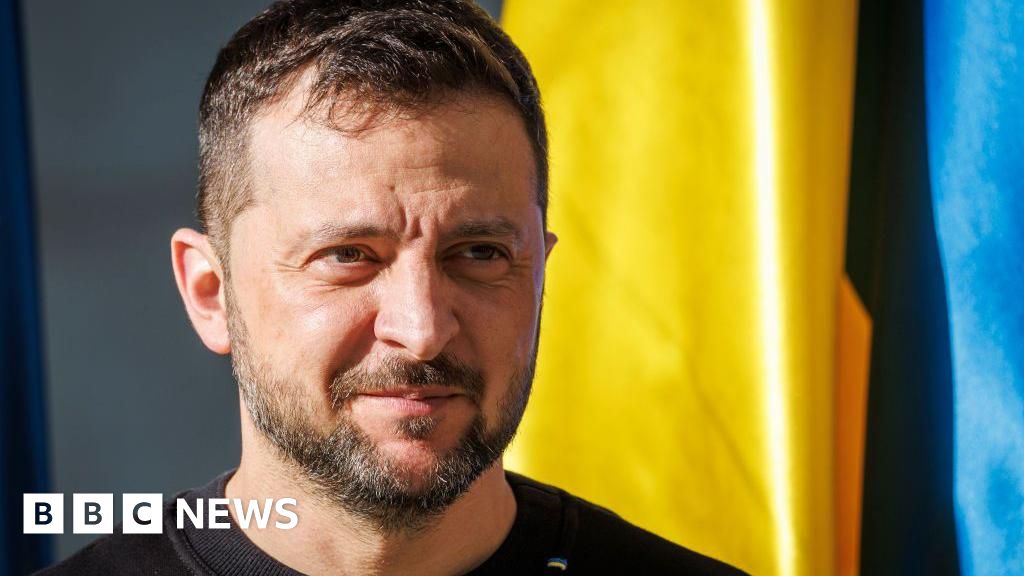ARTICLE AD BOX
 Image source, Getty Images
Image source, Getty Images
Max Schachter, with his son, Ryan, by his side, holds a photograph of his other son, Alex, who died in the shooting before giving his victim impact statement on 3 August
A jury will begin deliberations shortly on the fate of the gunman responsible for a 2018 school shooting in Parkland, Florida.
Nikolas Cruz, 24, had pleaded guilty in October last year to 17 counts of murder and attempted murder.
The jury will decide whether the gunman should be sentenced to death or life in prison without parole.
The case is the deadliest mass shooting to reach a jury trial in the US.
During the trial, which began in July, prosecutors argued the gunman planned a "systematic massacre" of 14 students and three staff members at Parkland, and that he should be sentenced to death.
They said he had conducted research online prior to the attack and posted online comments in which he vowed to show "no mercy".
"What he wanted to do, what his plan was, and what he did, was to murder children at school and their caretakers," assistant state attorney Michael Satz said.
Cruz's defence lawyer Melisa McNeill has argued that he is a troubled man who had been affected by his mother's alcohol and substance abuse.
McNeill added a death sentence "would change nothing" and would "not bring back" the victims.
The court also heard victim impact statements from families of those who were killed.
The death penalty exists in 27 US states, including Florida. The annual number of executions in the US, however, has fallen over the decades, from 98 executions in 1999 to just 11 in 2021.
Under Florida state law, prosecutors can seek the death penalty in cases when the accused has been convicted of first-degree murder with aggravating factors - murders that are "especially heinous, atrocious or cruel", creating "a risk of death to many persons" and "cold, calculated" murders that were premeditated.
In most US criminal cases, a jury decides culpability and the judge decides on the punishment. In this case, however, the jury will decide how Cruz is sentenced.
The jury's seven men and five women must agree unanimously to recommend the death penalty.
The last person to be executed in Florida was 57-year-old Gary Ray Bowles in 2019, who was put to death for the murder of six men in 1994.

 2 years ago
22
2 years ago
22








 English (US)
English (US)